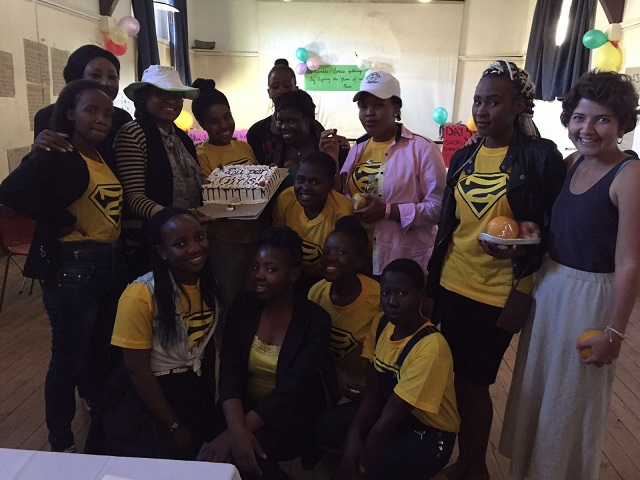SuperGirls of Zimbabwe: Let’s talk more about sex

Tsungai Chekerwa-Machokoto
Following up on the last article, I did a bit more reading into the attitudes of young girls towards sex.
I came across an event involving young girls between the ages of 16 and 22. This was part of a workshop titled “SuperGirls of Zimbabwe” (SoZ).
These women came in to educate young girls on reproductive health. They spent five days in Bulawayo and five days in Harare talking about what their rights are and discussing the practical implications of sex education in their lives.
With the changing position of women in contemporary society and to keep up with the shifts in society, it is necessary to have a generation of women who take care of themselves in every way.
Interestingly enough, there are not enough conversations about the dangers of unsafe sex happening in the areas that girls spend most of their time. Sex is still taboo and parents and children blush profusely if they even see two consenting adults on a television show making out.
This got me thinking about sex education in my day versus sex education now. I also wondered about the differences between society and culture then and now, along with the prevalence of rape in minors in the two time periods.
SoZ gave the girls condoms to carry around. We are aware of women carrying condoms, but it seems less appropriate for girls to follow the practice.
However, during some of the conversations with the girls, we found that girls have a fear of being called loose if they walk around with condoms to protect themselves from STIs and unwanted pregnancies.
This is very sad because if girls admit they want to have sex, they are loose, and if they try to be chaste but encounter aggressive boys (a trait that the patriarchy encourages in males), they get raped.
This is one of the situations that need to change. While SoZ had the right idea and great motives for educating and empowering girls, it is important to bring boys into the conversation.
While virginity is seen as a girl’s responsibility to keep and maintain as alluded to in the previous article, boys need to take some kind of responsibility for their actions with girls.
I have heard guys saying, “If she wants a condom, she better bring it because nyoro ndizvo (unprotected sex is better)”.
This attitude takes all the responsibility of a healthy sexual encounter out of the hands of the male and into the hands of the female.
The more we leave males out of the conversation about safe sex and a healthy sex life, the more we leave girls vulnerable to rape and abuse.
According to statistics, a woman is raped every 90 minutes in Zimbabwe. Statistics show that cases of rape went up, from 1 285 in the first quarter of 2013 to 1 524 in the same time period in 2014.
Of the above mentioned statistics, 780 are children between ages 11 and 16, while 276 are children aged between five and 10.
This can either mean efforts to educate communities about reproductive rights are being met by a receptive audience and more people are reporting rape, or the worse alternative is that more women and children are being raped.
If we are open to statistics from other countries, we may accept that most cases of rape are perpetrated by someone known to the victim.
Optimistically, if the 11-16 year olds are raping each other, it’s someone from school or the neighbourhood.
As much as it would be naïve to accept the above optimism, it is a good place to start tackling the sex-education beast.
If the boys in those age groups also received the same amount of attention from society regarding sexual health, how many of them would grow up to think that sex is their right and they can get it from any girl they want?
How much gender parity are we striving for in this sector, and who is at a disadvantage?
It is all good and well to have young women who know all about their sexual rights, how to protect themselves and how to keep themselves safe.
We need to include our boys, and men in conversations about sexual health.
As much as it is taboo to talk about sex with your children, it will be your problem if those children end up with STIs, unwanted pregnancies or dead because they did not practise safe sex.
The winds of change are blowing, and we need to change with the times. We need responsible women to carry around condoms and take contraceptives to take care of themselves, but even more than that, we need men who are aware why this is necessary and also take steps to take care of their own sexual health.
And this can be achieved by having boys and girls talk about these issues together, so that they each know what the other is thinking and so that they are sympathetic to each other’s plight. Only then can we have gender equality.
l Tsungai Chekerwa-Machokoto can be reached on [email protected]










Comments